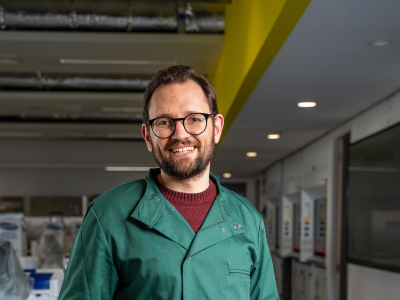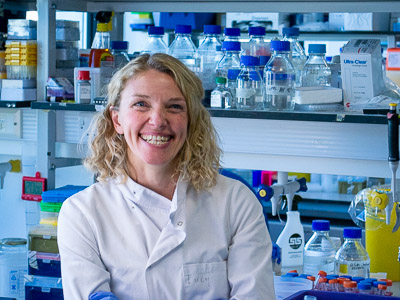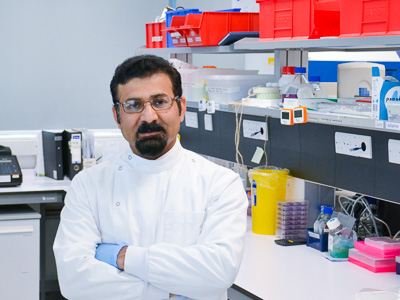Dr Steve Hall
Tell us a bit about your area of research?
My research focus is on the discovery and development of new drugs, drug combinations, and methods of drug delivery for the treatment of tissue destruction, known as necrosis, caused by certain snake venoms. Snakebite remains one of the most neglected of neglected tropical diseases, causing over 100,000 deaths and 400,000 permanent injuries every year; new treatments are needed, and I hope my research will help in the development of these.
What was it about your background that pushed you in this direction?
I became interested in how drugs work in high school, after a section on drugs and mechanisms of action in my chemistry class piqued my curiosity. After studying an undergraduate degree in chemistry, I then pursued drug research professionally through a PhD in pharmacology. Through my education, I learned about the many important aspects associated with how drugs work, how they’re developed and how they’re administered. I learned about how wildly different the pharmacological properties can be of two almost identical drug compounds, how a person’s genetics can completely alter how they react to a drug, and how complicated, long, and robust the drug development process truly is. Drugs are fascinating in how beneficial (or dangerous) they can be to a person, and our lives and health in the modern world have been truly revolutionised due to advances in drug research.





